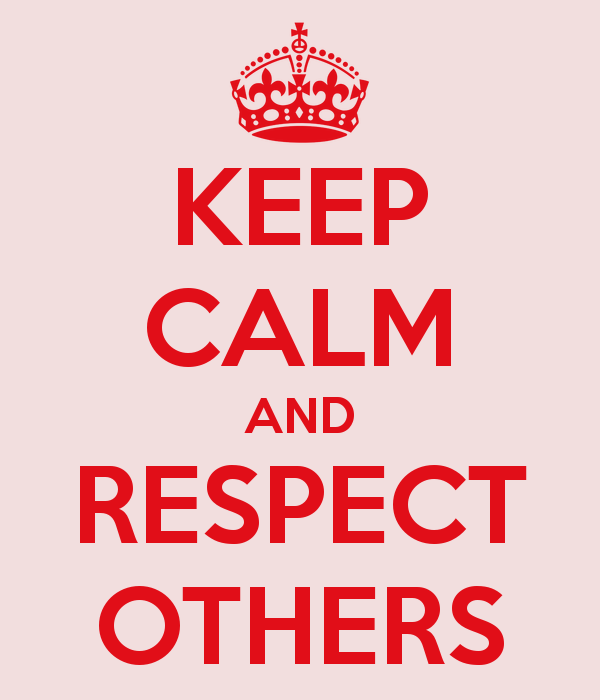The virtues of agile - respect

This is part two of five of our series of articles about the virtues of Agile. This week we cover the topic of respect.
Of all the values of Agile, I think that respect is the most difficult to define. I believe that this is because it is the one virtue based on emotion more than any other. You cannot force a person to respect another person. It is a situation that develops over time when two people work together. In high-pressure atmospheres like technology, respect can also be fleeting. The person you respect today could be a colossal impediment tomorrow. It is a difficult quality to cultivate and develop among professionals.
In my experience, it is also difficult to give respect to others because, for most of my life as a professional, respect was something that was earned. Someone did not receive consideration from you until they earned it by helping you or accomplishing something worthy of respect. I remember this being the case during my years in debate and I also saw it in the realm of technology. People who understood how to implement technological solutions were elevated above others and were granted respect by junior developers.
Since I have been a scrum master for the last year, I have seen that respect is not something earned from others but something you give others, and they repay it back to you. Respect is a virtuous cycle that reinforces itself within the team. This is not just about knowing the names of the people on your team. It is about knowing if they have children and what they are doing. It is about giving them time off to attend Christmas programs. It is also just shutting up and listening to people.
This is contrary to much of the leadership advice we receive from public figures like Donald Trump or Kevin Trudeau. Being a leader is not so much about being in charge but being a servant. A leader serves the people he is supposed to be in charge of because they only succeed by helping others instead of being selfish. It also means that you will have to swallow some pride and learn to work with others who seem impossible.
It has become apparent to me that most of my problem employees are not problems per se, but they are having issues with their jobs, and it is my duty to fix them. A developer accustomed to cut-and-paste programming was floundering; after a few training courses and working with MVC5 and Typescript, they are a dependable member of my team. In addition, he volunteers to help in situations I was not expecting to contribute. It happened because our relationship moved away from conflict between him not hitting sprint goals and actively participating in the team.
I am not perfect on this front. I struggle with names regularly, and I have to suppress my more narcissistic tendencies. Some people I have a tough time respecting because they have toxic personalities or are self-centered, but I try and hope that a little dose of respect will go a long way. Respect is not easy, but if you genuinely want to have it on your team, you will have to provide it to your team members.
Until next time.




Comments ()